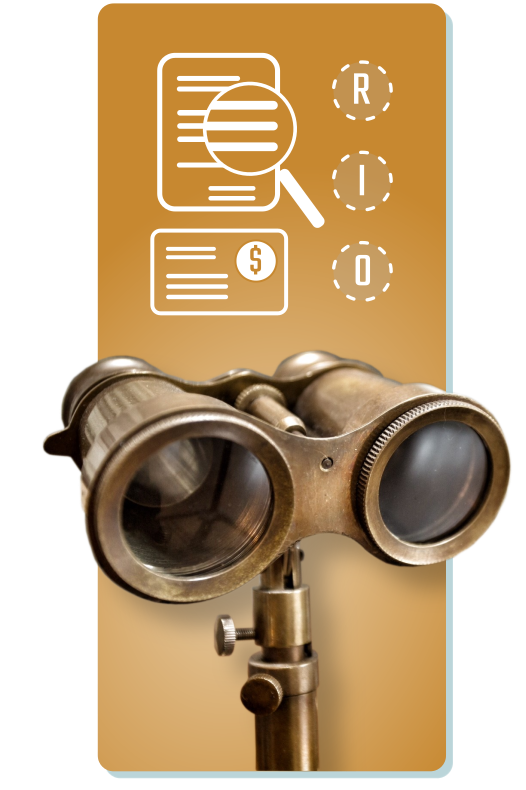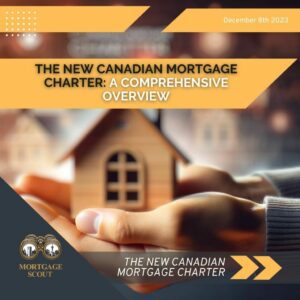Understand Your Credit Score
What makes up your Score?
Credit Bureaus keep their exact proprietary scoring models secret, but they generally follow this breakdown:

This is the most important component of your credit score because it shows how you manage your finances and whether you pay your bills on time and in full. It includes any bankruptcies, foreclosures, wage garnishments, liens, and delinquencies. The amount of time information stays on your file differs based on which province or territory you live in, but negative information generally remains on your file for seven years.

How much money you owe on your credit accounts and the number of accounts you have that carry balances. Carrying large balances, especially if those balances are close to your limit, can signal to creditors that you aren’t in control of your debt.

This isn’t simply the number of years since you started using credit, but how long each of your credit accounts have been established, the ages of your oldest and newest accounts, the average age of all accounts, and ho


It’s considered healthy to have a mix of three types of credit:
- Revolving (accounts with a different payment each month depending on how much credit is utilized but doesn’t need to be paid in full, such as credit cards),
- Installment (accounts with fixed payments for a fixed period of time, such as mortgages and student loans)
- Open (a hybrid—the payment is not the same each month but does need to be paid in full, such as utility accounts).

The number of recent requests for new credit or newly opened accounts in proportion to older ones. When you apply for most types of credit, a “hard inquiry” (or “hard pull”) will appear on your credit report due to lenders requesting a copy. If you don’t have a long credit history, or apply for lot of credit in a short amount of time, it can negatively affect your score. Requesting your own credit report counts as a “soft inquiry” and will not affect your score.
What does your score mean?
Every lender has its own criteria for what constitutes a good score, so what range you fall under is more important than the exact point value.
760+
Excellent
Congratulations, you’re considered the cream of the crop and will be offered the lowest interest rates and best terms on mortgages, loans, and lines of credit. You have a long history of using credit responsibly, have a mix of different types of credit, consistently repay your debts on time, and keep your account balances low.
725 – 759
Good
This score signifies to lenders that you generally make most of your payments on time, and your credit balances are relatively low compared to their limits. You’ll still qualify for good rates almost anywhere. The only thing holding you back may be that your balance-to-limit ratio is slightly too high.
660 – 724
Fair
You represent a default risk because you’ve hit a few financial speed bumps: late payments, too much debt, or an account in collections. Creditors may give you a loan, but will charge you higher interest rates and may require a deposit or collateral. You’ll need to do some work to improve your score.
560 – 659
Poor
A score in this range flags you as high risk, so you’ll experience great difficulty obtaining new credit. If you’re approved for a loan, you’ll have to pay exorbitant rates. Your score may be damaged by late payments to more than one lender, loan defaults, or bankruptcy. If you fall into this category, consider talking to a credit counsellor.
300 – 559
Very Poor
Scores in this range are rarely approved for anything. If your credit is this poor, you shouldn’t be applying anyway. Employers who check credit likely won’t hire you, and landlords will probably reject your application for rental housing. To repair your credit, you should focus on reducing your debts, paying off any accounts in collection, making payments on time, and switching to a secured credit card to rebuild your credit profile. You should definitely seek the professional help of a credit counsellor.
Trade Types & Ratings
Equifax Sample Credit Bureau Report
R- Revolving
O- Open
I- Installment
L- Lease
C- Line of Credit
M- Mortgage
1 –Too new to rate; approved but not used
2-Pays (or paid) within 30 days of due date or not over one payment past due
3-Pays (or paid) in more than 30 days from due date: but no t more than 60 days, or not more than two payments past due
4- Pays (or paid) in more than 90 days from payment due date: but not more than 120 days, or three payments past due
5-Pays (or paid) in more than 120 days, or more than four payments past due, but not yet rated 9
7-Making regular payments under a consolidation order, credit counselling or similar arrangment
8-Repossession
9-Bad debt; placed for collection; skip account
How to dispute information on your Equifax credit report
Equifax Online Dispute
If you see information on your Equifax credit report that you believe is inaccurate or incomplete, you can scan and upload your documents online to Equifax Online Dispute. Or you can mail in the Credit Report Update Form after you’ve printed it, along with photocopies of the necessary documents.





